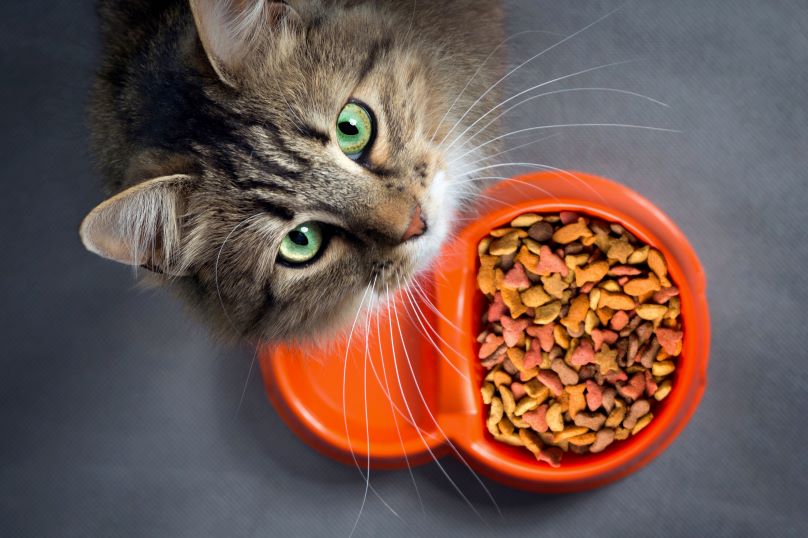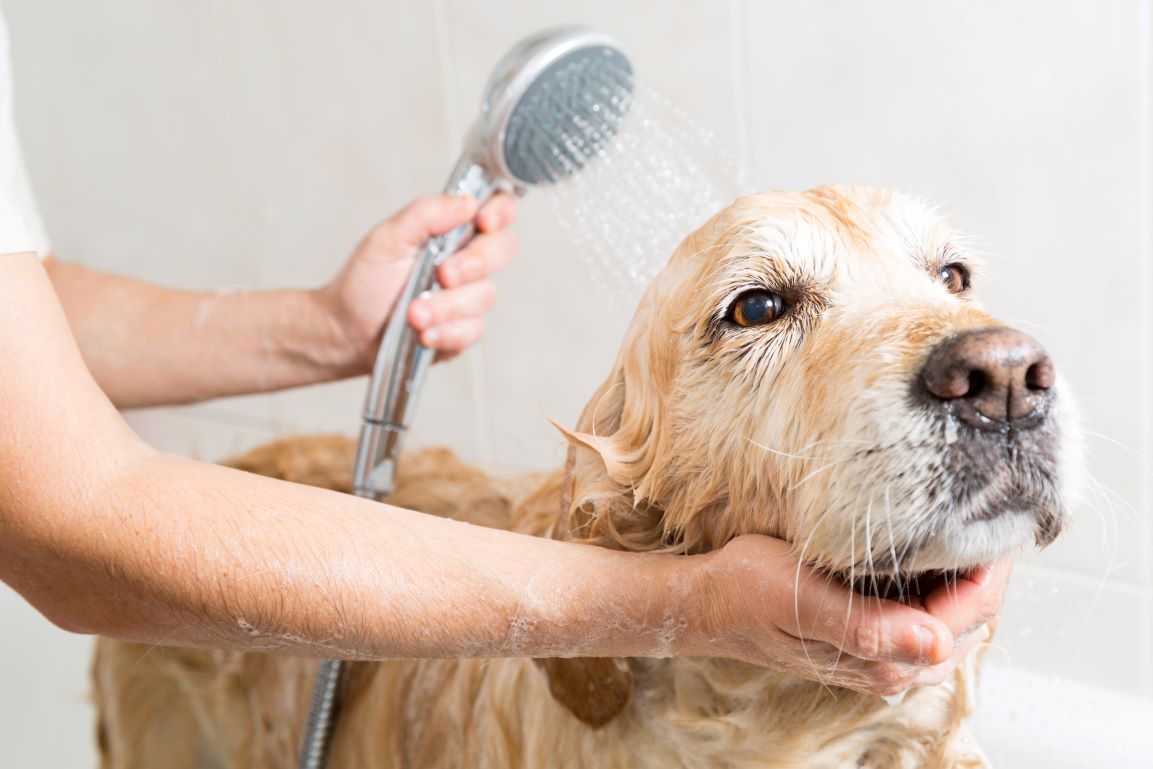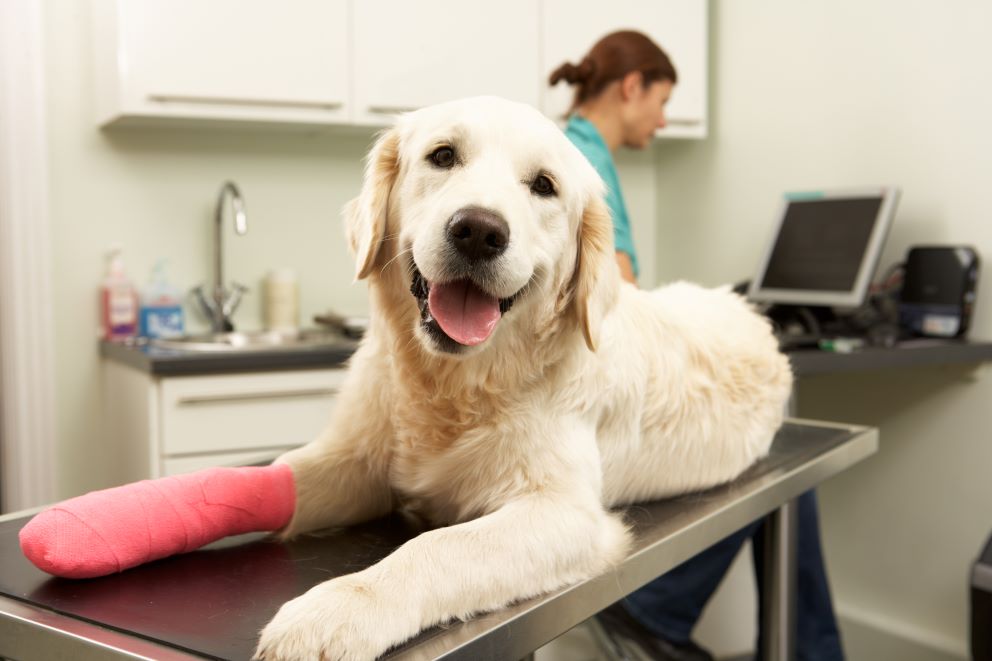In the world of pet care, nutrition is a critical component of maintaining your furry friend’s health. However, with so much information available, it’s easy to encounter myths and misconceptions about what is best for your pet’s diet. This article about Pet Nutrition Myths Debunked aims to debunk common pet nutrition myths and provide you with accurate information, so you can make informed decisions about your pet’s dietary needs.
1. Myth: Dogs and Cats Can Thrive on a Vegetarian Diet
While humans can live healthily on a vegetarian diet, it’s not ideal for dogs and certainly not for cats. Cats are obligate carnivores, meaning their bodies are designed to digest and utilize nutrients from animal sources. Dogs, although more omnivorous, also require certain nutrients found in meat. A meat-free diet can lead to nutrient deficiencies and health issues in pets, especially cats.
2. Myth: Pets Should Eat the Same Food at Every Meal
This myth stems from the idea that changing a pet’s diet can cause digestive upset. While sudden changes can indeed cause issues, gradually introducing variety can be beneficial. Different foods provide a range of nutrients, and variety can prevent food sensitivities and boredom with their diet.
3. Myth: Grain-Free Diets Are Healthier for Pets
Grain-free diets became popular due to the misconception that grains are harmful allergens for pets. However, grains are a valuable source of energy, fiber, and nutrients. Unless your pet has a diagnosed grain allergy, there’s no need to opt for grain-free diets. In fact, some grain-free diets have been linked to heart issues in dogs.
4. Myth: Raw Diets Are Superior to Cooked or Processed Foods
Raw diets for pets have gained popularity with claims of being more ‘natural’ and healthier. However, raw diets carry risks of bacterial contamination and may not be nutritionally balanced. It’s essential to consult with a veterinarian before considering a raw diet for your pet.
5. Myth: Bones Are Safe and Healthy for Dogs
While dogs may love chewing on bones, they can be hazardous. Bones can splinter and cause choking or severe internal injuries. It’s safer to provide your pet with specially designed chew toys or treats.
6. Myth: More Protein Is Always Better
Protein is an essential part of a pet’s diet, but more isn’t always better. Excessive protein can strain a pet’s kidneys, especially in older animals. Balance is key, and the amount of protein should be appropriate for the pet’s age, size, and activity level.
7. Myth: Pets Can Eat All Human Foods
Many human foods are toxic to pets, including onions, garlic, chocolate, and grapes. It’s important to be aware of these and not assume that a food safe for humans is also safe for pets.
8. Myth: It’s Normal for Pets to Eat Grass Regularly
While occasional grass eating isn’t a concern, regular consumption might indicate a dietary deficiency or gastrointestinal issue. If your pet is eating grass frequently, it’s worth discussing with your vet.
Keeping a Healthy Diet for your Pet
Dispelling myths around pet nutrition is the first step toward ensuring your furry companion receives the best possible care. With all of these pet nutrition myths debunked, it’s important to remember that every pet is unique, with specific dietary needs influenced by factors such as age, breed, activity level, and health status. Our veterinarians at Faithful Friends Veterinary Clinic emphasize the importance of a balanced diet tailored to these individual requirements.
Personalized Nutrition Plans
Consult with your veterinarian to develop a nutrition plan that’s right for your pet. This plan should account for all the necessary nutrients in appropriate proportions – proteins, carbohydrates, fats, vitamins, and minerals. Your vet can help you choose the right type of food (commercial, prescription, homemade, etc.), taking into account any special dietary needs or health conditions your pet may have.
Regular Health Check-Ups
Regular health check-ups are vital in monitoring your pet’s nutritional health. These visits can help identify any emerging health concerns that might require dietary adjustments. For example, an older pet may need a diet lower in calories but higher in specific nutrients to support joint health.
The Role of Supplements
While a well-balanced diet should provide all the necessary nutrients, in some cases, supplements may be recommended. However, avoid self-prescribing supplements, as some can be harmful in incorrect doses. Always seek professional advice before adding any supplements to your pet’s diet.
Monitoring and Adjustment
Be attentive to changes in your pet’s weight, coat quality, energy levels, and overall health. These can be indicators of how well their diet is suiting them. If you notice any significant changes, it may be time to re-evaluate their dietary plan with your vet.
Safe Human Foods
If you do decide to treat your pet with human foods, make sure they are safe for animal consumption. A small piece of cooked chicken or a slice of apple can be a healthy treat, but always in moderation and as part of a balanced diet.
Bon Appetit!
Navigating your pet’s nutritional needs doesn’t have to be a challenge shrouded in myths and misconceptions. By partnering with your veterinarian and staying informed, you can ensure that your pet’s diet is not just satisfying but also a cornerstone of their overall health and happiness. Remember, a well-fed pet is a happy, healthy, and energetic companion, ready to bring joy to your everyday life.




